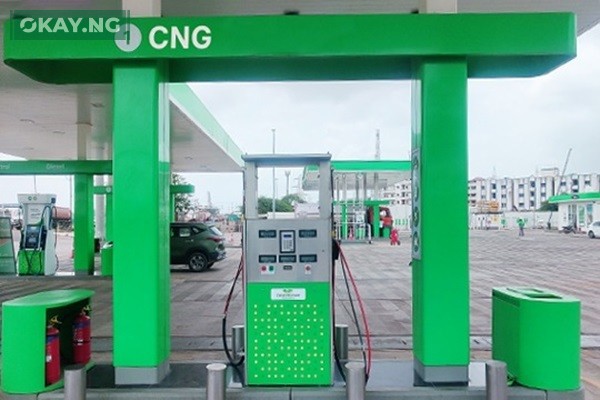The Nigerian government has embarked on an ambitious plan to significantly expand the country’s Compressed Natural Gas (CNG) infrastructure, aiming to establish at least 150 CNG stations by the end of 2025. This aggressive push is part of a broader initiative to transition towards cleaner energy sources and reduce dependence on imported fuels, particularly in the wake of the recent fuel subsidy removal.
“Our goal, as set by President Bola Tinubu, is to ensure that one million vehicles are running on compressed natural gas by 2027,” declared Michael Oluwagbemi, Programme Director and Chief Executive of the Presidential CNG Initiative, during the groundbreaking ceremony of five mini-liquefied natural gas plants in Kogi State. He emphasised the remarkable progress made in the past year, with CNG compression capacity increasing by over 2,500 per cent. This surge in capacity has seen the number of conversion centres across Nigeria skyrocket from a mere seven in 2023 to over 193 by the end of 2024.
The initiative has attracted substantial investment, with over $470 million mobilised from both public and private sectors in 2024. This figure is projected to double in 2025 as the government strives to establish at least 500 conversion centres and expand the CNG retail network to over 150 stations. This ambitious target, however, faces challenges. Currently, Nigeria has approximately 50 CNG refuelling stations serving a population of over 200 million. This limited infrastructure has hindered widespread CNG adoption, as many motorists are hesitant to convert their vehicles without readily accessible refuelling options.
To address this, the government is actively encouraging private sector participation. Owners of existing petrol stations have appealed for government support to integrate CNG facilities into their operations. This public-private partnership is crucial for accelerating CNG deployment and ensuring widespread access for Nigerian motorists.
The development of LNG infrastructure in Nigeria holds immense potential for the country’s energy sector. “This is a game changer,” declared Prince Shuaibu Audu, Minister of Steel Development. “It not only enhances energy security but also positions Nigeria as a key player in the global LNG market.” The environmental and economic benefits of this transition are undeniable, paving the way for a more sustainable and prosperous future for Nigeria.




